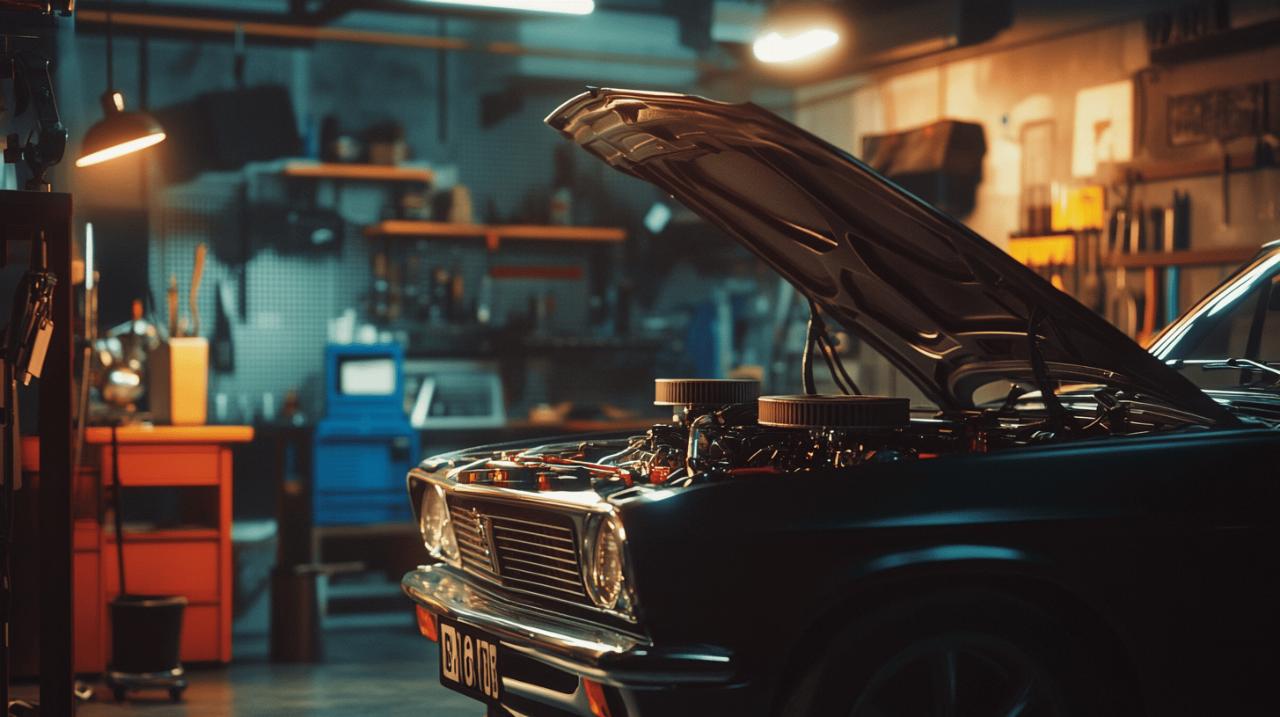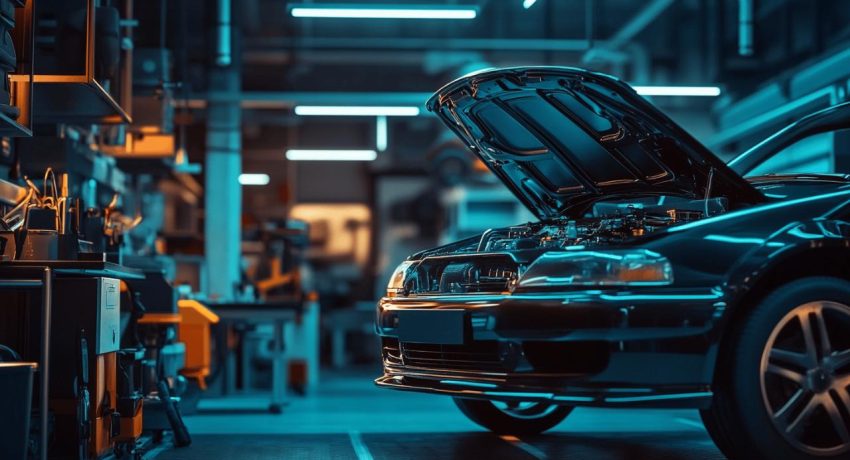Regular Fluid Checks for a Happy Engine
Keeping your car in excellent condition requires consistent attention to maintenance tasks. As the experts at MetAuto often emphasise, routine checks can significantly extend your vehicle's lifespan and optimise its performance. Regular fluid checks form the foundation of proper car maintenance, ensuring your engine runs smoothly and efficiently regardless of weather conditions or driving habits.
Monitoring engine oil quality and levels
Engine oil serves as the lifeblood of your car, providing crucial lubrication to moving parts and preventing excessive wear. Experts recommend checking your oil level every few weeks using the dipstick, ensuring it sits between the minimum and maximum markers. The quality of oil matters just as much as its quantity – fresh oil appears amber and translucent, while degraded oil becomes dark and gritty. Most vehicles require oil changes every 6,000 miles, though this can vary between 1,000 to 15,000 miles depending on your driving conditions and oil type. Using the manufacturer-recommended grade ensures optimal engine protection and efficiency.
Keeping an Eye on Coolant and Brake Fluid
Your cooling system prevents engine overheating, making regular coolant checks essential for preventing catastrophic damage. Check coolant levels monthly when the engine is cold, topping up with the correct mixture of antifreeze and water. Similarly, brake fluid demands regular attention as it transfers the force from your brake pedal to the brake components. Low brake fluid can indicate worn brake pads or a potential leak in the system. When checking brake fluid, look for clarity – cloudy or discoloured fluid requires immediate replacement to maintain stopping power and safety.
Tyre care and management
Tyres form the only contact points between your vehicle and the road, making their maintenance crucial for safety, performance, and fuel efficiency. Proper tyre care involves regular inspections and adjustments to ensure optimal road grip and even wear patterns.
Proper inflation techniques and pressure monitoring
Maintaining correct tyre pressure ranks among the most critical yet overlooked aspects of car maintenance. The AA recommends checking tyre pressures every two weeks, preferably when the tyres are cold for accurate readings. Modern vehicles built after November 2014 feature Tyre Pressure Monitoring Systems (TPMS) that alert drivers to pressure issues, but manual checks remain important. Underinflated tyres increase fuel consumption and wear unevenly, while overinflated tyres reduce grip and ride comfort. Always refer to your vehicle handbook or the sticker inside the driver's door frame for manufacturer-recommended pressures, adjusting accordingly when carrying heavy loads.
Understanding tread depth and wear patterns
Tyre tread provides essential grip, particularly in wet conditions. UK law mandates a minimum tread depth of 1.6mm across the central three-quarters of the tyre width, though safety experts and most tyre manufacturers recommend replacement when tread reaches 3mm. The popular 20p test offers a simple checking method – insert the coin into the tread groove; if you can see the outer band of the coin, your tyres need replacement. Pay attention to uneven wear patterns as they often indicate alignment or suspension issues. Bridgestone and Michelin offer excellent SUV tyre options with different performance characteristics, as compared in recent MetAuto articles.
Brake system inspection and upkeep
 Your brake system represents perhaps the most crucial safety feature of your vehicle. Regular inspection ensures reliable stopping power and prevents costly repairs from neglected maintenance issues.
Your brake system represents perhaps the most crucial safety feature of your vehicle. Regular inspection ensures reliable stopping power and prevents costly repairs from neglected maintenance issues.
Spotting Signs of Worn Brake Pads and Discs
Vigilance for brake wear indicators saves both money and potential danger. Listen for high-pitched squealing when braking, which typically indicates that brake pads have worn to their warning indicators. Visual inspection can reveal thinning pad material or scoring on brake discs. Another telltale sign includes the brake pedal feeling spongy or requiring more pressure than usual to stop effectively. Additionally, if your vehicle pulls to one side during braking or requires increasingly longer distances to stop, immediate brake inspection becomes necessary. Vibrations through the brake pedal often indicate warped brake discs requiring replacement.
Professional vs diy brake maintenance
While some maintenance tasks suit the home mechanic, brake work demands careful consideration. Basic visual inspections and brake fluid checks fall within most owners' capabilities, but component replacement often requires specialised tools and expertise. The AA offers brake repairs with 12-month or 12,000-mile guarantees, ensuring work meets quality standards. When choosing between professional service and DIY approaches, consider your technical comfort level and the potential safety implications of improper brake work. Using original or equivalent quality replacement parts remains essential regardless of who performs the maintenance, as substandard components compromise safety and may actually cost more through premature failure and additional labour costs.
Filter replacement schedules
Filters play a vital role in protecting your engine from contaminants and ensuring optimal performance. Regular replacement prevents restricted flow that can impact fuel efficiency, power output, and component longevity.
Air filter maintenance for optimal airflow
Your engine air filter prevents dust, debris, and other particulates from entering the combustion chambers. A clogged filter restricts airflow, reducing engine efficiency and power while increasing fuel consumption. Visual inspection reveals when replacement becomes necessary – hold the filter up to a light source; if light struggles to pass through, it needs changing. Most manufacturers recommend replacement every 15,000 to 30,000 miles, though dusty environments may necessitate more frequent changes. Some filters can be cleaned rather than replaced, particularly in older vehicles, by tapping gently to remove loose debris or using compressed air to blow out accumulated dust.
Oil and Fuel Filters: When to Change Them
Oil filters trap contaminants that could otherwise circulate through your engine, causing accelerated wear. Replace your oil filter with every oil change to maintain maximum protection. Fuel filters prevent debris from reaching your engine's fuel injection system or carburettor. Most manufacturers recommend replacement every 30,000 miles for petrol vehicles and more frequently for diesel engines due to their sensitivity to fuel contaminants. Diesel vehicles produced after 2007 also incorporate Diesel Particulate Filters (DPF) that require occasional clearing through extended drives of 10-15 miles at steady speeds. This regeneration process burns off accumulated soot, preventing filter blockage and potential engine damage. Regular longer journeys typically allow this process to occur naturally without driver intervention.








